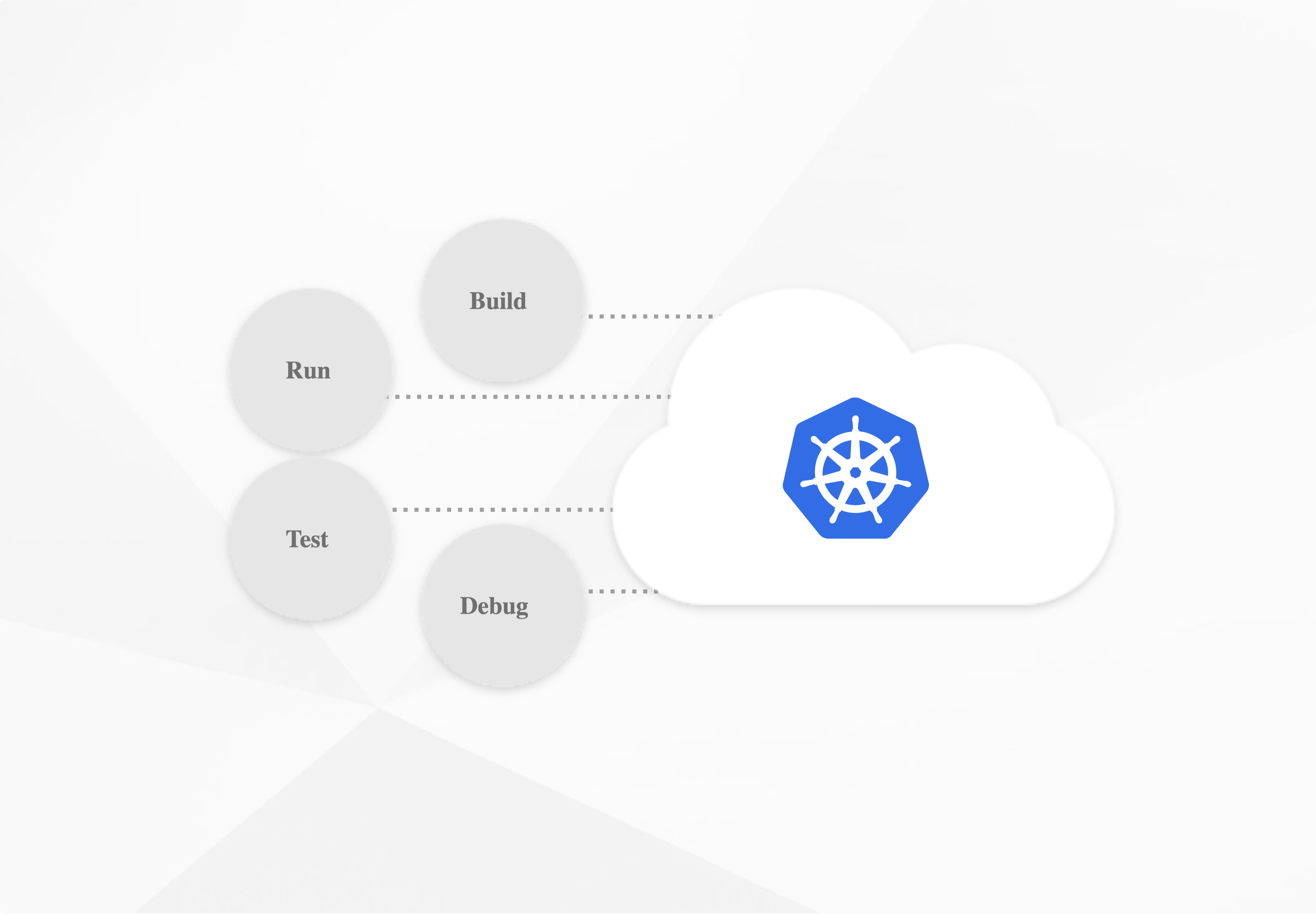Oracle Cloud Infrastructure (OCI) continues to embrace open source technologies and the developer communities that support them. With the rapid adoption of cloud native technologies and DevOps methodologies, we’ve heard from many organizations that they want an open cloud that avoids vendor lock-in and lets them run what they want, whether or not it’s built by the cloud provider. As part of Oracle’s continuing commitment to open standards and supporting a broad and varied ecosystem, we’re pleased to announce that Gitpod has extended its open source, self-hosted platform to Oracle Cloud Infrastructure Container Engine for Kubernetes (sometimes referred to as OKE).
This post was written in collaboration with guest contributors Johannes Landgraf, chief commercial officer, and Moritz Eysholdt, cofounder, at Gitpod.
What’s Gitpod?
Setting up and maintaining development environments is tedious and requires lots of time. Gitpod makes code reviews, bug fixes, building new features, and exploring new projects frictionless, which increases development productivity, efficiency, and velocity. You can quickly launch new development environments for each new task directly from any project, pull request, or merge request from GitHub, GitLab, and Bitbucket.
Gitpod is an open source solution powered by the community, and it uses open source technologies like VS Code, Docker, and Kubernetes. With deep code-hosting platform integrations, tools for sharing and collaborating, and a focus on usability, Gitpod includes your entire development workflow in a browser tab. Unlike traditional cloud and desktop integrated development environments (IDEs), Gitpod understands the context and adjusts the development environment automatically. For example, if you create a Gitpod workspace from a pull or merge request, Gitpod opens the IDE in code-review mode.
Gitpod Self-Hosted is free for unlimited users. Organizations that use Gitpod Self-Hosted can acquire an enterprise license to get more features:
- Snapshots (share a reproducible workspace with your team)
- Live share (invite others into your running workspace)
- Unlimited prebuilds (makes ephemeral development environments possible)
- Admin dashboard
Because Gitpod lets you write down your development environment as code, it significantly improves your inner loop, allowing you to code, build, debug, test, and run Kubernetes applications entirely in the cloud. You get fully baked workspaces for every branch, plus pull and merge requests, preconfigured and preconnected to your own dedicated Kubernetes cluster deployment.

Figure 1: Development environment in the cloud
Getting started
To get started with Gitpod in OCI, you need a running Container Engine for Kubernetes cluster. OCI provides the option of using a CLI or a Console (browser-based interface) to create and manage Kubernetes clusters. Automation through Terraform and Oracle Cloud Infrastructure Resource Manager is another option for cluster deployment.
You can set up Container Engine for Kubernetes to automatically provision and launch Kubernetes clusters based on a custom configuration or through a quick cluster option in the Console. When Container Engine for Kubernetes launches a cluster, it creates master and worker nodes in a node pool along with all the network resources needed for that cluster, including a virtual cloud network (VCN).
Because Container Engine for Kubernetes is a managed service, you can easily modify your cluster and download your cluster’s kubeconfig file to perform management tasks with kubectl. The easiest way to start managing your cluster is by using the kubectl integration with Cloud Shell in the Oracle Cloud Console.
Next, you deploy the Gitpod self-hosted containers by using the helm or native kubectl commands. Detailed instructions are available in the Gitpod documentation.
Next steps
Combining Container Engine for Kubernetes with the Gitpod Self-Hosted platform capabilities gives you a robust and scalable development platform that is production-ready and easy to deploy. For more information, see the Container Engine for Kubernetes documentation and gitpod.io. If you want to experience Gitpod on Container Engine for Kubernetes for yourself, sign up for an Oracle Cloud Infrastructure account, get your free Gitpod account, and start using it today!
